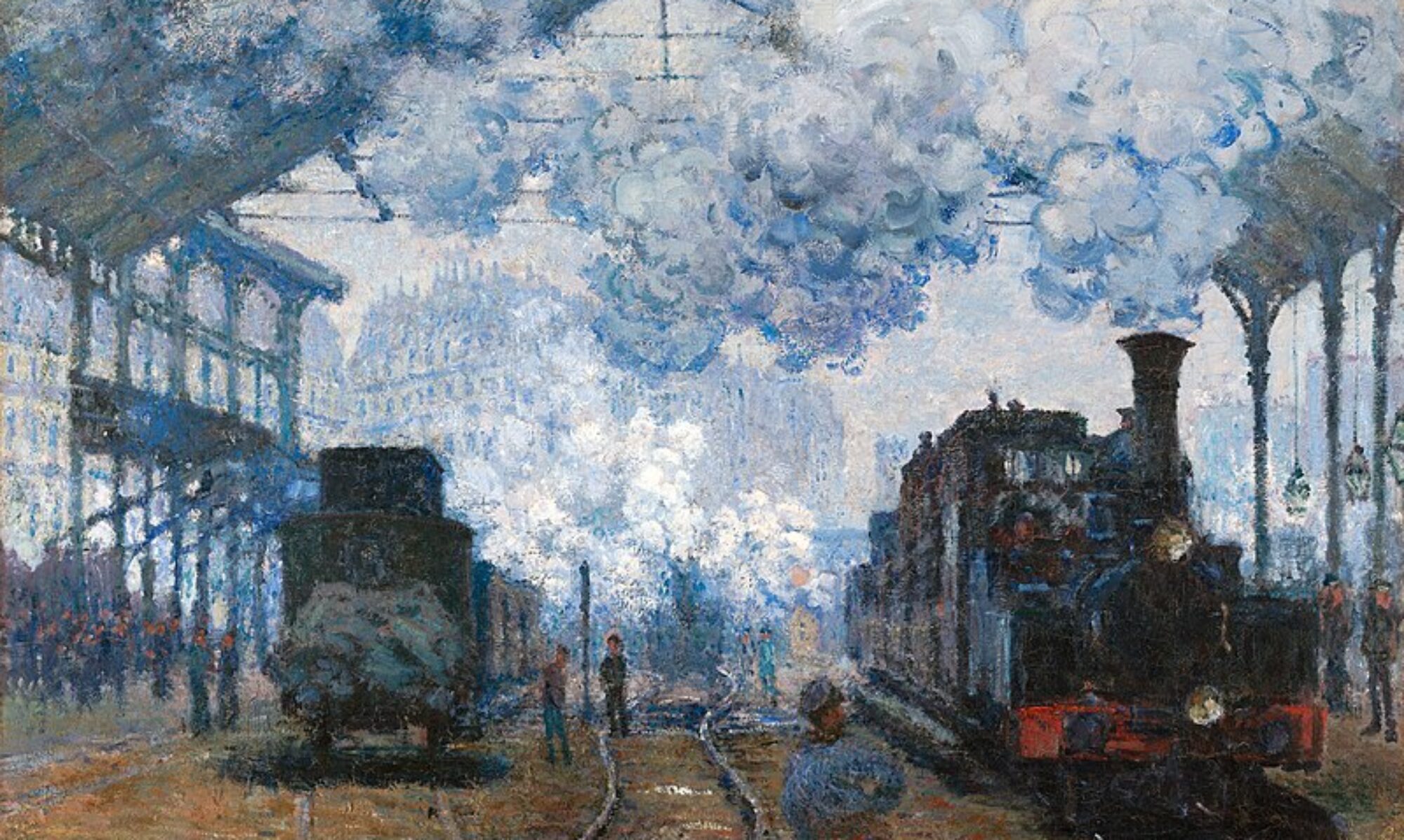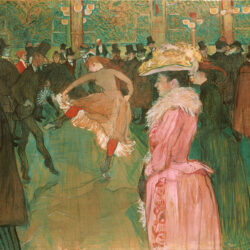In Conditions of the Working Class in England, Engels describes how and where all the poor and working people live in Manchester, “… I have never seen so systematic a shutting out of the working class from the thoroughfares, so tender a concealment of everything which might affront the eye and the nerves of the bourgeoisie, as in Manchester”. (Engels 59) Along with the graphic descriptions of their living conditions, the filth and barely there houses if they can afford it, he also emphasizes the fact that they have been systematically pushed and policed off the streets and out of sight of the upper class. It is no surprise to anyone familiar with a city layout that there are poorer neighborhoods than some, but Engels specifically mentions a few examples. He mentions the Long Millgate area, where from the street it looks normal, but on the inside of the block are horrible places where the poor live.
It was no secret that the bourgeoisie tolerated the working class, at the very least, but the systemic progress of forcing the poor to hide where they lived had no real benefit besides hiding it from whoever was walking on the street. Did the upper class do this simply because they didn’t want to see the poor and how they lived because they were paid too little? Or was there another possible motive for forcing the destitue and homeless to stay off the streets and behind well made shops?

